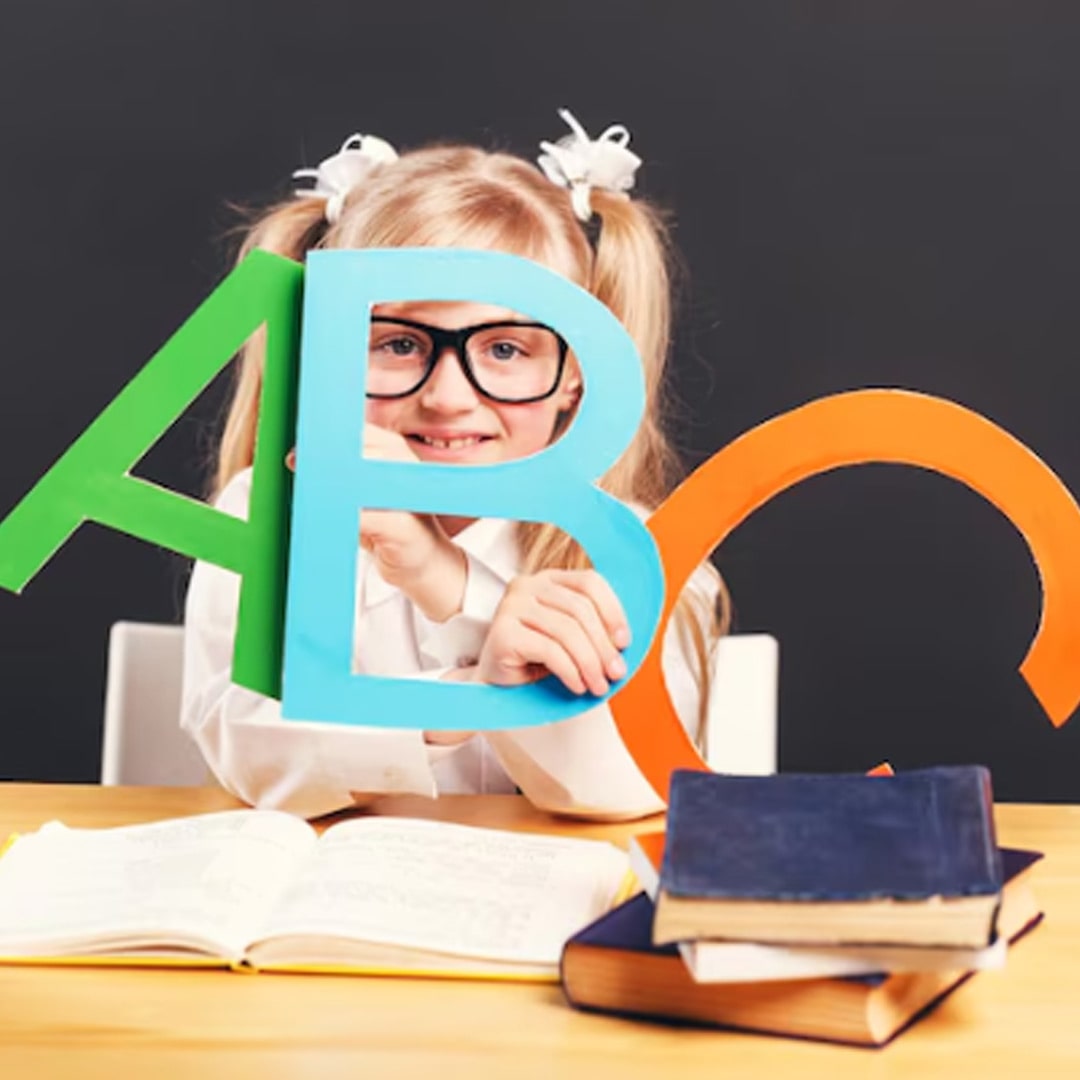Please enter the code we just sent to whatsapp 91-11-46710500 to proceed
Didn't Receive OTP?

Discover why phonics is the cornerstone of reading and writing success. Learn how it builds essential skills, enhances literacy development, and empowers lifelong learning for students of all ages.
Phonics is the key foundation of learning a child needs to master while reading and writing. Phonics which is accepted as the key building block in learning to read, teaches the relation between spoken words and written symbols. Through phonics foundation for literacy, children build essential skills that unlock the world of reading and writing, paving the way for academic success and lifelong learning.
In its simplest forms, phonics aims at having children learn to recognize, sounds and letters or parts of letters. These phonics basics for kids form the building blocks of literacy. For instance, it is basic to know that the ‘b’ name is the /b/ sound and blend the letters ‘ch’ = /ch/. By learning these connections, children can decode unfamiliar words and spell new ones, making phonics a practical tool for both reading and writing skills.
Literacy development through phonics is a proven, systematic approach. Phonics enables children to learn about the alphabet as well as the ability to read words- The cornerstone of phonics instruction is the acquisition of word recognition skills. Other studies indicate that the fact that children who go through phonics at an early age are capable of reading with great fluency making a strong influence in their comprehension and writing.
Phonics also extends to spelling and helps teach patterns and rules like short and long vowels. The ability to read as well as to write is central to this program and altogether helps the children to be well-equipped in their literacy education.
The fact that phonics education should be started early has certain benefits. Even at this age, the child can engage in early phonics intervention by learning the letters of the alphabet and the phonemes that go with them. From here they can move up to combining sounds, recognizing some words by sight, and recognizing rhyming, or similar-sounding words.
These programs help children develop phonemic awareness, an understanding of and ability to work with segments of sound that form complete words. Phonemic awareness is a vital component of phonics and a predictor of future success in reading and writing skills.
Phonics deals with word decoding, though its overall aim is in comprehension. Because of segmenting words, children can comfortably read without getting stuck on any word they don’t understand. These two skills enable them to achieve the first goal, while fluency enables them to attend to the second goal in comprehending the meaning of the text.
The phonics foundation for literacy ensures that children don’t just read but also derive meaning from what they read. This comprehension includes written skills as well, they can write down what they know through the phonetic identification of the word.
There is wisdom in phonics based on its usability. Learning A.B.C., reading traffic signs, following a set of directions, or even writing Happy Birthday can all be credited to phonics. Thus, grasping key elements early allows students to be curious about a new problem and/or try to solve it with determination.
Phonics can just as well be fun and easy for parents and educators to include in the everyday activities of children. Simple games like rhyming words, matching sounds to pictures, or playing with letter blocks can reinforce phonics basics for kids. Another chance to teach the letter-sound connection is during storytime while at the same time encouraging students’ literacy love.
Teachers can continue from these fundamentals by utilizing oan articulated phonics system which is methodical. Activities used in early phonics help teachers keep children interested in the class and teach the right phonetics skills.
Even adults can benefit from the many advantages of phonics. The advantages of phonics can be enjoyed by humans way past their childhood. Phonemically built student improves their performance and it also develops in them the culture of reading and writing. Whether diving into novels, crafting creative essays, or excelling in professional communication, the skills gained through literacy development through phonics are invaluable.
Phonics is more than a strategy of teaching; it offers students a diversified way to perform well academically. By focusing on phonics basics for kids, parents, and educators can empower children to develop strong reading and writing skills that will serve them for a lifetime. Following early phonics education through engaging approaches, phonics in practice, practice makes phonics the cornerstone of reading and writing.
1. How does phonics support literacy development in children?
Phonics builds critical skills for recognizing words and improving reading fluency, comprehension, and writing accuracy.
2. Can phonics help struggling readers or older learners?
Yes, phonics-based instruction can benefit learners of all ages by strengthening their foundational literacy skills.
Shape Your Kid's Future with Bambinos Classes | Bambinos.live India's No. 1 English Communication Platform For Kids | Click here to Book a Free Class Limited time offer.